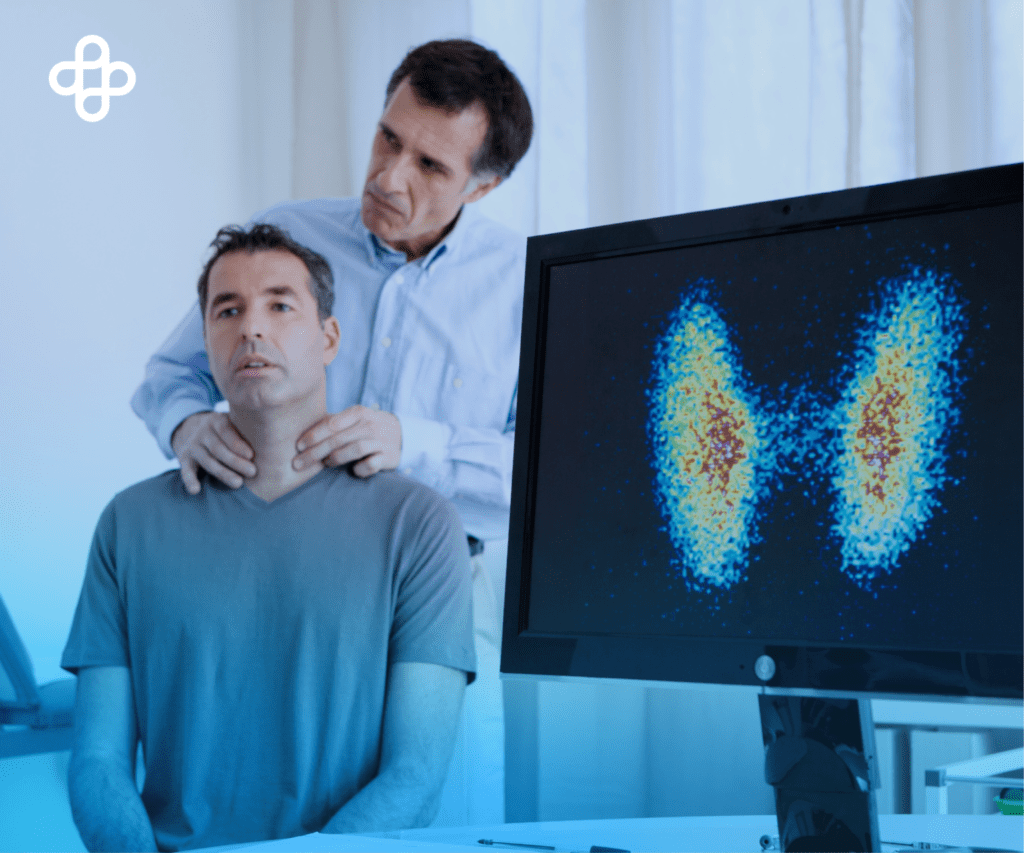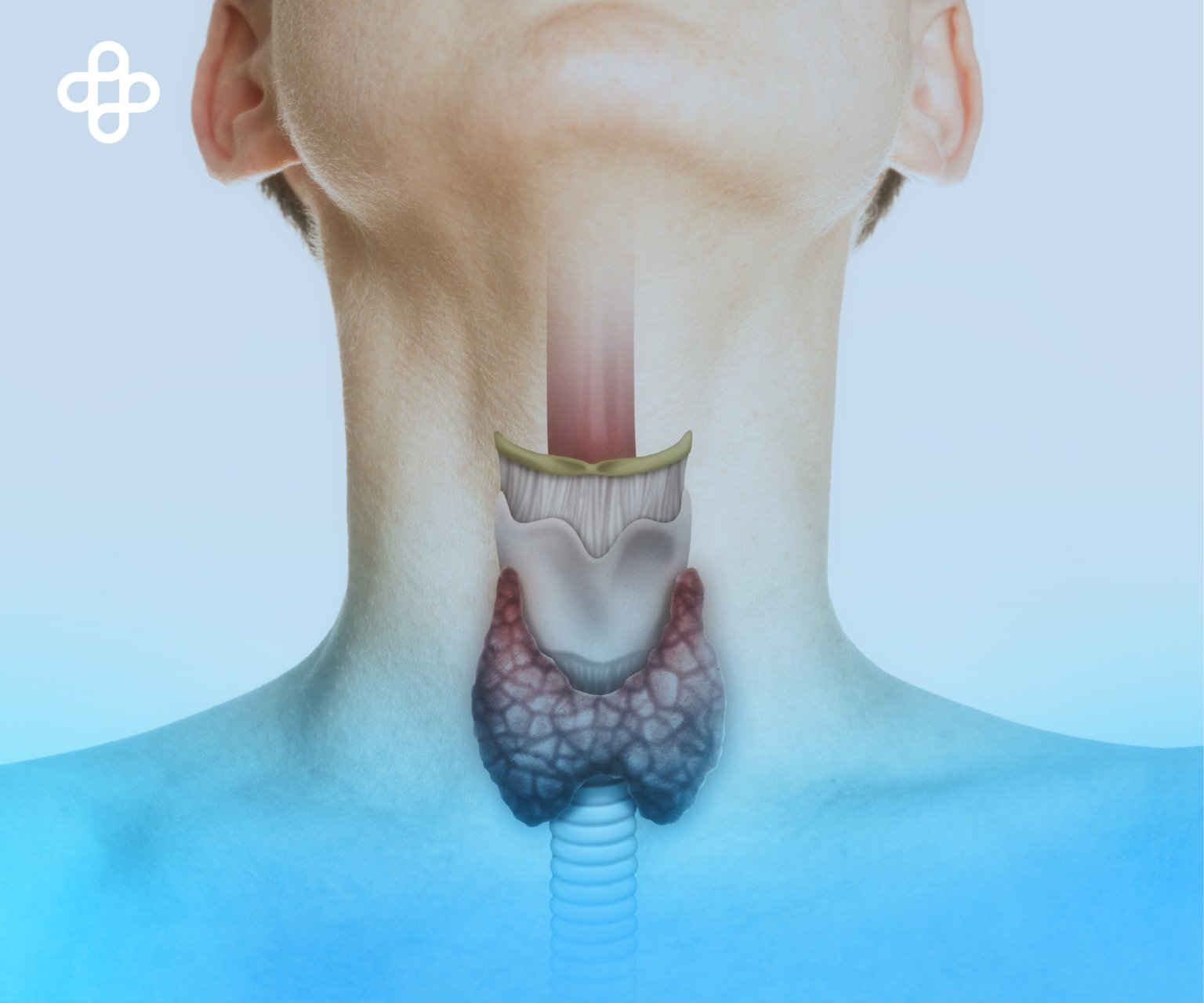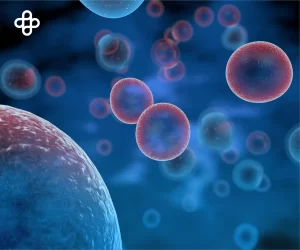Thyroid function and disorders. The thyroid gland plays a crucial role in metabolism and overall health. Learn how it works, what can go wrong, and how to keep it functioning optimally.
What Is the Thyroid?
The thyroid is a butterfly-shaped endocrine gland located at the base of the neck, just below the Adam’s apple (thyroid cartilage). It produces hormones that regulate vital body functions.
What Is the Function of the Thyroid?
The thyroid gland produces, stores, and releases thyroid hormones into the bloodstream. These hormones impact nearly every cell in the body and control metabolism. The thyroid’s activity is regulated by the pituitary gland, which, in turn, is controlled by the hypothalamus in the brain.
When thyroid hormone levels are low, the hypothalamus and pituitary gland activate mechanisms to increase the production and release of T3 (triiodothyronine) and T4 (thyroxine). Conversely, these regulatory systems reduce hormone production when hormone levels are too high. Thyroid diseases can disrupt this delicate balance.

Thyroid Functions in Metabolism:
- Firstly, regulates heart rate, either accelerating or slowing it down.
- Secondly, controls nutrient absorption, impacting weight gain and loss.
- Thirdly, adjust body temperature.
- Fourthly, influences digestion speed.
- Fifthly, manages the cell replacement rate.
- Finally, regulates glycogen synthesis and glucose utilization.
The thyroid gland uses dietary iodine and the amino acid tyrosine to synthesize thyroid hormones. These hormones circulate freely or bound to proteins in the bloodstream, reaching thyroid receptors throughout the body. The pituitary gland plays a crucial role by secreting a thyroid-stimulating hormone (TSH), which prompts the thyroid to produce T3 and T4.
What Is Hypothyroidism?
Hypothyroidism occurs when the thyroid gland does not produce enough thyroid hormones, leading to a condition known as an underactive thyroid. In its early stages, hypothyroidism may not cause noticeable symptoms. However, untreated hypothyroidism can result in serious health issues, such as high cholesterol and heart problems.
The most common cause of hypothyroidism is Hashimoto’s thyroiditis, an autoimmune disease. Blood tests are used to diagnose hypothyroidism, and treatment typically involves thyroid hormone replacement therapy, which is safe, effective, and tailored to individual needs.
What Is Hyperthyroidism?
According to the University of Navarra, hyperthyroidism is a condition characterized by an excessive amount of thyroid hormones in the body.
The most common cause of hyperthyroidism is Graves’ disease, an autoimmune disorder where the body’s antibodies stimulate the thyroid gland to overproduce hormones.
Common symptoms, along with the presence of goiter (enlarged thyroid), often lead to a clinical suspicion of hyperthyroidism. This diagnosis is confirmed through blood tests measuring elevated T3 and T4 levels.

Thyroid Diseases
Various thyroid disorders can arise from different causes. Below are some of the most significant conditions:
1. Hyperthyroidism (Overactive Thyroid)
A condition where the thyroid produces excessive hormones, leading to increased metabolism and symptoms like weight loss, rapid heartbeat, and nervousness.
2. Hypothyroidism (Underactive Thyroid)
A condition in which the thyroid fails to produce sufficient hormones, causing fatigue, weight gain, and slow metabolism.
3. Thyroid Cancer
This condition involves malignant tumor formation within thyroid tissue due to uncontrolled cell growth.
4. Thyroid Nodules
Lumps in the thyroid may cause hyperthyroidism or exist as independent thyroid abnormalities.
5. Goiter
An enlargement of the thyroid gland, often due to iodine deficiency, autoimmune diseases, or hormonal imbalances.
The Connection Between Thyroid Disorders
Many thyroid diseases are interconnected. For instance, nodules can contribute to hyperthyroidism, yet they also represent an independent clinical condition. Thyroid disorders often cause non-specific symptoms, making specialized tests essential for accurate diagnosis and treatment.
If you experience persistent fatigue, unexplained weight changes, or other symptoms related to thyroid dysfunction, consult a healthcare professional to ensure proper thyroid function.
Finally, would you like to explore advancements in stem cell research and thyroid disorders? Check out our latest insights on regenerative medicine and its potential applications.





